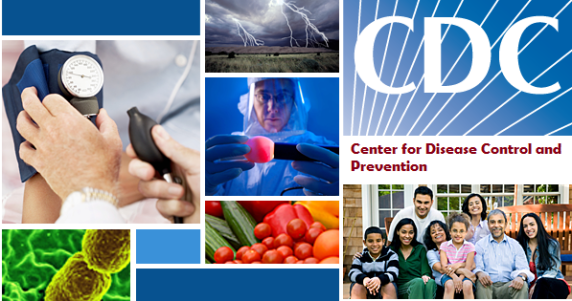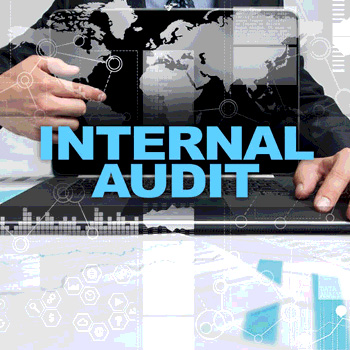The Cutting Edge of Medical Technology Content, Community & Collaboration
An internal audit, as we all know, is carried out for a number of specific purposes, the main one among which is to assess the adherence to the industry guidelines for quality and processes. Helping the organization meet the requirements of processes and standards, which are usually issued by regulatory agencies and other relevant bodies and boards, is the main aim of an internal audit. An internal audit seeks to bring about quality through standardization of many of the processes that go into the product.
In the context of the food industry, this adherence is all the more important, because food contamination is quite a serious issue in all parts of the world. According to statistics from the Center for Disease Control and Prevention (CDC); about one in seven Americans, or close to fifty million, get sick from consuming contaminated food. More than an eighth of a million people get hospitalized for this reason, and some 3,000 people lose their lives due to food contamination in the US every year.

The major challenge in food contamination is to identify the source of the contamination. Since we humans eat a variety of foods in our meals, it is difficult to zero in on the exact source. Our food is usually consumed in variety, and most of it is from different and varied sources. If all of our food were derived from just one source, this task would have become interminably easier. But this is not the case; hence, the problem in identifying the source of the food contamination.
Means for ensuring quality
An audit is a sure method of identifying and preventing food contamination. An audit is a continuous process that is planned, specified, and carried out at set intervals and documented to determine the quality of a product. A food audit does all this to food products. It adds strength to the process of preparing, distributing and consuming food, and provides confidence that the food that we consume meets the standards set out for its quality and safety and has gone through the prescribed processes. This is the essence of a food audit, and this is described as such by the Global Food Initiative.
The main aims of an internal audit for food are twofold:
Apart from helping a food facility to locate and set right issues pertaining to the Quality Management Systems; a food internal audit identifies a problem before it gets detected by an external audit, and rectifies it. Doing so at this stage will prevent the problem from reaching the end consumer. All these conditions can be met when the internal audit is objective, is done with commitment and conviction, reviews the quality programs, and is comprehensive.
- An effective food internal audit also ensures that the facility is adapting and implementing quality systems, which leads to involving top management into making improvements over time.
- The FDA, many regulatory agencies from around the world and the ISO –in the form of 19011, and to a lesser extent, the ISO 9001, 14001 and 22000 –all have standards for food safety. An internal food audit should ensure that these are being complied with.
Get complete understanding of internal food audits
All the finer aspects of an internal food audit will be explained in detail at a webinar that is being organized by Compliance4All, a leading provider of professional trainings for all the areas of regulatory compliance. At this webinar, the speaker is Ruth M Bell, a Food Safety/Quality and HACCP Management Consultant, Auditor and Trainer based in the UK.

To derive the benefit of the deep and varied experience that Ruth Bell brings to food quality, food technology and food audits; please enroll for this webinar by visiting Food Technology for Non-Technologists
The purpose of this webinar is to provide Internal Auditors with an overview of the tools and information they need to carry out thorough and productive audits. Ruth will give them the knowledge of how to achieve the best outcome in an audit. The learning from this session will help internal auditors gain knowledge of:
- What an audit is and why they’re carried out
- The skills and qualities needed by an auditor
- Audit documentation and preparation
- Audit techniques
- How to judge non-conformances
This is a session that is highly useful for those involved directly in food quality audits or those who work with them. These include HACCP Team Members, Technical Managers, Production Managers, Engineering Managers, and Consultants.
Although meant for internal auditors, those planning to become Internal Auditors in the food industry, and Consultants; the learning from this webinar will benefit just about anyone involved in the auditing process, be they auditees or supervisors.
Ruth will cover the following areas at this webinar:
- Audit Process
- Audit Preparation
- Audit Techniques
- Questioning Techniques
- Non-Conformities and Corrective Action Close Out
- Audit Follow-up and Close Out.
Views: 10
Comment
© 2025 Created by CC-Conrad Clyburn-MedForeSight.
Powered by
![]()
You need to be a member of MedTech I.Q. to add comments!
Join MedTech I.Q.